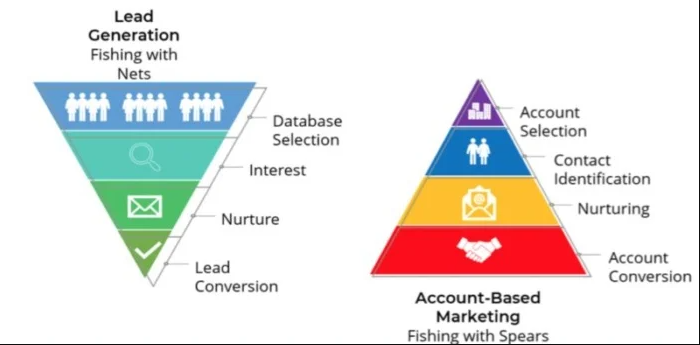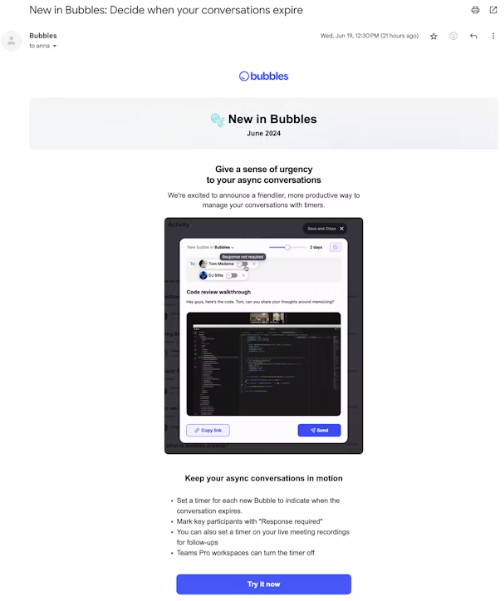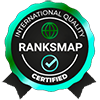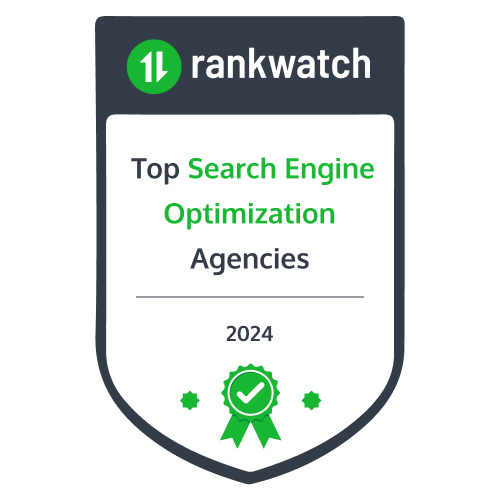Top 6 B2B Demand Generation Strategies to Increase Leads
Traditional advertising channels face heavy competition when reaching B2B audiences in today’s fast-moving business world. However, you can enhance established sales tips with marketing strategies that inform target customers about your product or service and generate the demand to distinguish yourself.
Demand generation marketing is essential for the growth of any B2B business. A successful strategy creates interest in and demand for your product or service, attracting potential leads.
Are you looking to increase B2B demand for your product or service? Six methods can accomplish this by utilizing different B2B performance marketing strategies and advertising channels.
What is demand generation?
Demand generation is about more than just introducing your business to potential prospects. It’s about increasing their awareness of your products and services, sparking their interest in your solutions, and ultimately, driving them towards a purchase. It’s a comprehensive strategy that includes attracting potential leads, enhancing brand awareness, directing traffic to your website, and establishing trust with your target audience.
Demand generation is essential for businesses to differentiate themselves in competitive markets by educating potential customers about the value their products or services can provide. Companies can use B2B demand-generation tactics to increase brand awareness and illuminate needs that potential customers may have yet to recognize.
6 Best B2B Demand Generation Tactics
Here are some effective tactics for generating demand for your products or services across various channels.
Leverage Account-Based Marketing (ABM)
This B2B marketing approach, Account-Based Marketing (ABM), empowers you to craft campaigns that are tailored to each account’s unique needs and traits. By leveraging the customer relationship management (CRM) data you have gathered, you can create personalized messaging for individual leads or segments of leads, making them feel understood and valued.
When engaging with leads closer to making a purchase, it’s important not to rely on generic prospecting messages. Instead, use personalized communication to connect with potential customers and guide them toward completing the sale.
In Account-Based Marketing (ABM), the focus is on identifying and targeting top-tier accounts with the potential to drive substantial revenue. That involves creating customized marketing campaigns tailored specifically for these high-value companies.

With ABM, marketing teams can execute dynamic advertising campaigns targeting selected companies, personalize website content to cater to visitors from these target accounts, and progressively implement drip campaigns designed to build engagement based on previous touchpoints.
Integrate Marketing Automation and CRM
CRM, or customer relationship management, is how a company gathers and organizes extensive customer information from potential to existing clients. It involves using specialized software designed to track and manage every customer interaction with the company, spanning various communication channels such as email, phone calls, and social media.
This comprehensive approach lets the sales team gain valuable insights into customer preferences and behaviors. It enables them to tailor sales presentations and follow-up meetings to enhance engagement and improve the likelihood of success.
Marketing automation sends specific messages to potential customers who have shown interest in your products or services based on their current stage in the sales process. By integrating marketing automation with your CRM data, you can effectively engage with leads and help them progress through the buying process.
For instance, you can provide additional information to leads still in the early stages of researching your offering or gently nudge those on the verge of making a purchase but still need to complete the transaction.
Optimize Your Lead Nurturing Strategy
As the sales team guides potential customers through the sales pipeline, the marketing team must develop various engaging content and devise strategies for delivering the content to individuals in the same stage.
For instance, if a customer is considering purchasing your service but still needs to meet with a sales representative, the content created for demand generation could prompt them to schedule a free consultation as Hammers Law Firm did.

As the sales team actively propels individual leads through the sales funnel, the marketing team must craft captivating content and devise effective strategies for disseminating these materials to individuals who are navigating similar stages of the buying journey.
For instance, if a potential customer is contemplating the purchase of your product but has yet to arrange a meeting with a sales executive, content geared towards demand generation could serve as the pivotal incentive to prompt them to schedule a demo session proactively.
Build Partnership Marketing
Getting new customers or growing an existing customer base can take time for any business. However, you can collaborate with influencers and other companies to reach more people. Influencers have loyal followers who trust what they say about certain topics. When you partner with the right influencers, they can naturally introduce your business to their followers.
When using influencer marketing, you work with individual creators, while partnership marketing involves collaborating with other businesses. The tactics and results may differ, but the main goal is to create demand for both companies. Here are some examples of partnership marketing:
- Partner with other B2B businesses to create original content, interviews, cases, or expert insights;
- Incorporate both B2B platforms into their tech stack through compelling software integrations;
- Conduct webinars where both B2B companies can participate and connect with a target audience.

Build Authority with Event Marketing
With B2B event marketing, you can create a connected online and offline community. Participating in trade shows, webinars, and special events for your top customers effectively generates leads. These events are designed to show why there’s a demand for your product or service.
Consider hosting a large industry conference. For example, Moz organizes MozCon, a yearly conference for SEO and digital marketing professionals. The meeting is in-person, but attendees can also sign up to receive recordings.
“If hosting a significant industry conference is not feasible for your event marketing budget, you have many other options,” said Mark Perenich, Founder of Perenich, Caulfield, Avril & Noyes Personal Injury Lawyers. “For example, you can participate in VIP dinners, roundtables, or trade shows to promote your products and build more personal relationships with other B2B leads.”
Improve Your B2B Email Marketing Efforts
Email marketing is a powerful strategy for generating excitement around upcoming products, highlighting the benefits of new features, and distributing valuable resources. By consistently delivering targeted messages, marketing emails play a crucial role in building relationships with potential customers and guiding them through decision-making, ultimately leading to conversions.
To execute your B2B demand generation strategy effectively, automating opt-in and follow-up emails for potential leads who have shown interest is essential. Consider expanding your email marketing efforts by developing infographics, white papers, and other engaging content to share with your target audience.

Personalize messages for leads who have actively engaged with your content for optimal results. Segment your audience and utilize email marketing automation to ensure that your messages are targeted toward the most engaged prospects.
Conclusion
Demand generation is becoming increasingly important in B2B marketing. It involves using strategies and tactics to educate potential customers about a business’s unique value proposition and how it can meet their specific needs. By creating personalized content and engaging with potential customers at various sales pipeline stages, B2B demand generation sets businesses apart from their competition and helps build meaningful relationships with prospects.




